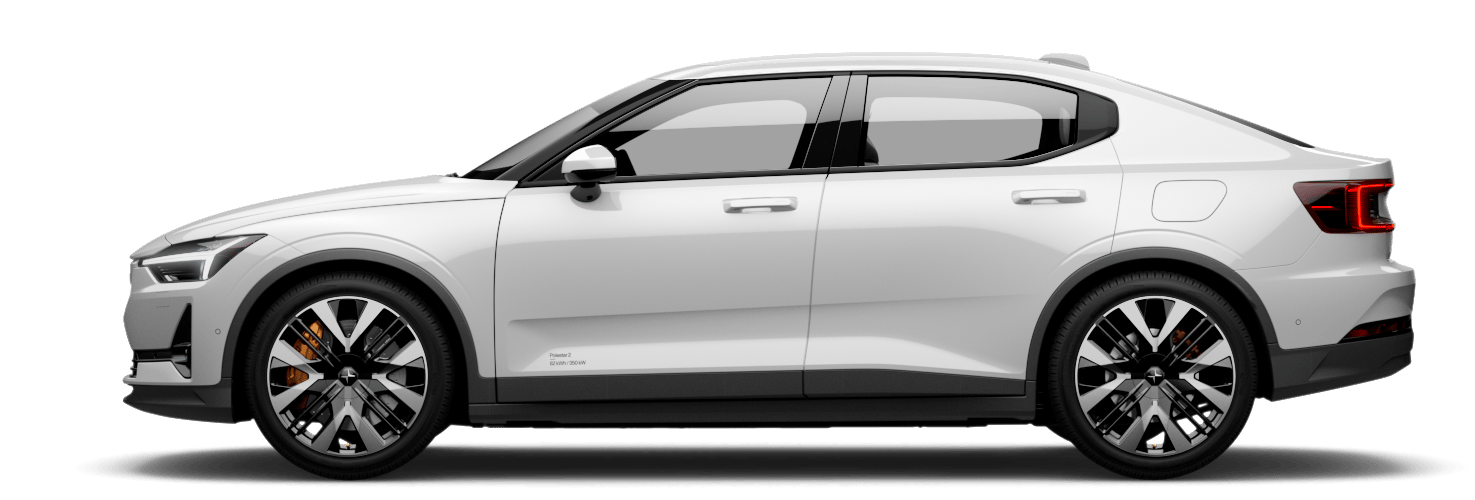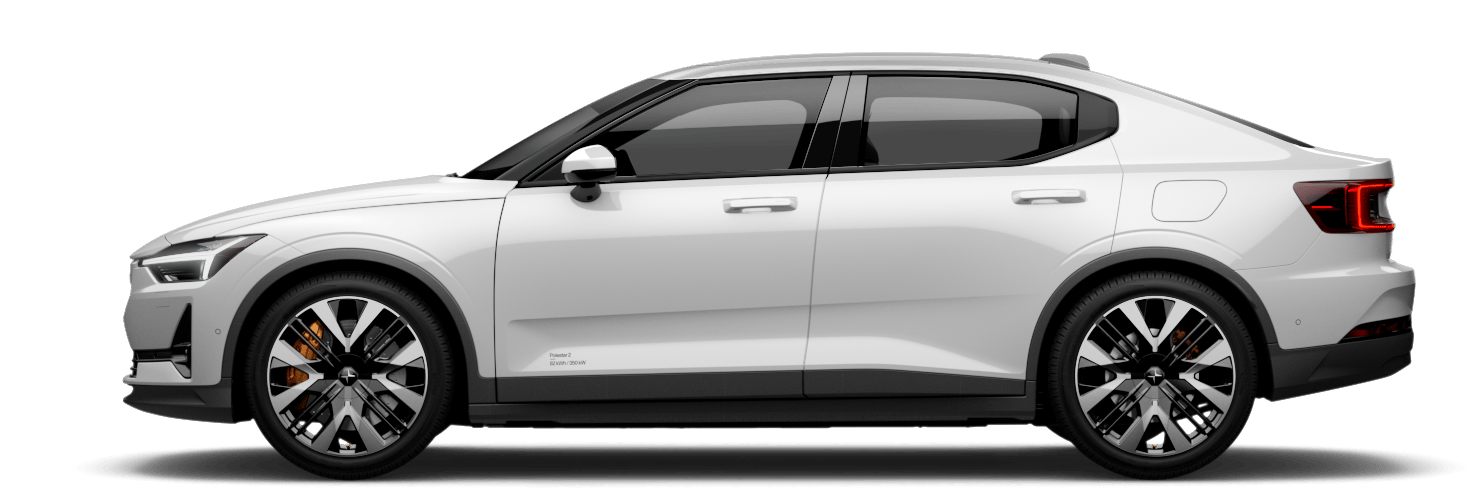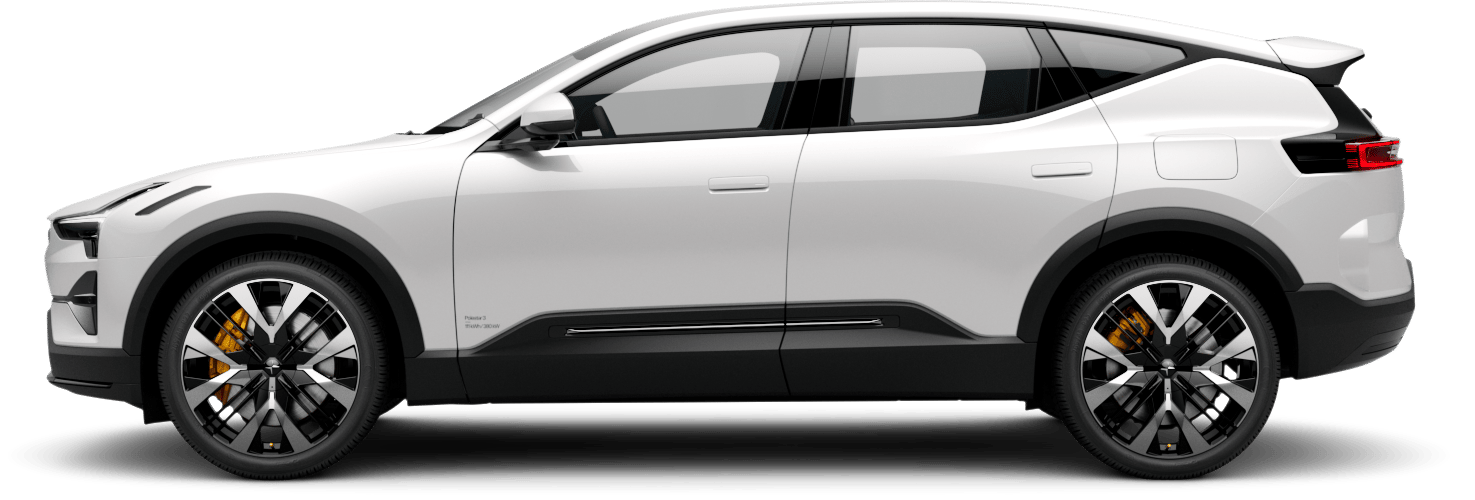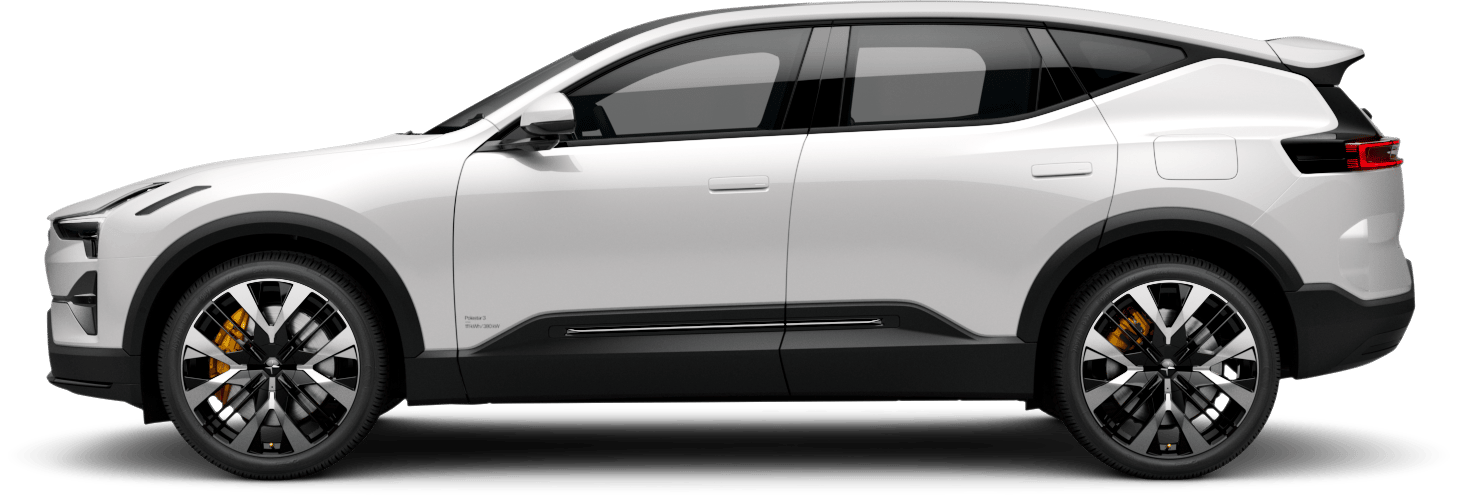Polestar returns as Supporting Partner of the 2024 Melbourne Queer Film Festival
Gracing the cinemas of Melbourne for its 34th year running, the Melbourne Queer Film Festival has become a staple of the city’s arts and culture calendar. Lauded as one of Australia’s premier cinema showcases, the 2024 festival kicks off with a program of shorts, features and documentaries centered around this year’s theme: Formative Sound and Vision. Returning as a proud Supporting Partner in 2024, Polestar celebrates the festival for being a pioneer in the arts industry pushing boundaries and opening minds, as we strive to do the same in the automotive industry.

In 1991, a small group of creatives gathered at Hares and Hyenas, an independent queer bookstore in Melbourne, to envision Australia’s first queer film festival. It was a daring concept.
At the time, public sentiment and understanding of the community was low, and homosexuality was criminalised in some parts of the country. Today, the festival is the largest event of its kind in the southern hemisphere, showcasing the stories of global LGBTQIA+ communities through film.
This year’s theme of Formative Sound and Vision takes cues from everything audio-visual. From lip-syncing and ballroom, to karaoke, to movie musicals and music videos, the festival explores the sights and sounds that helped shape the LGBTQIA+ community of today. VIP guests and staff travelling in Polestar 4, the festival's official electric vehicle, will benefit from the optional Harman Kardon sound system, allowing them to enjoy crisp, concert hall-like clarity for their music... or to live their best carpool karaoke life in the spacious, luxury SUV-coupe.


The film and the festival is more than just the queer experience. It's about showing a different way of looking at life.
Every year, the festival plays home to a wave of emerging creatives from Melbourne and beyond, showcasing their films in various formats and genres. Sydney-based actor Matthew Backer has written and produced his first short film, Die Bully Die, which screened as a part of this year’s festival.
Based loosely around his high school experience, Matthew worked with co-star, screenwriting, and producing partner Drew Weston to bring this story to life. The film explores the lasting impacts bullying can have on young people through to their adult life. Though the film centers around this very difficult experience, the pair were adamant it must empower young queer people, and decided to make it a horror-comedy.
“We were very hesitant to explore it in any earnest, woe-is-me kind of way. We wanted it to be quite empowering, because queer voices are exactly that, especially with everything we go through. Our sense of community and sense of self and fabulousness is so inspiring to me, so we wanted the film to have a bit of life and humour,” says Matthew.
“To us, the best films or TV shows make you laugh one minute and then punch you in the gut the next, 'cause that's life.”
Reflecting on his own high school experience, Matthew recalls finding the arts amongst his tumultuous experience at an all-boys Catholic school in Queensland. Finding solace in the roles he played in school productions, Matthew fell in love with storytelling, and initially trained as a journalist after high school before pursuing acting and the creative arts.
“I think I'm just all about stories, because journalism and acting is about telling people’s stories, and the story behind the story. I think actors and queer people generally have big hearts, because we know what it's like to be on the other side of society. Acting has allowed me not only to find myself, but also explore other versions of myself too.”
In an industry where being openly gay was once considered career-ending, Matthew reflects on the important role queer cinema has played to help affirm young people, shape societal values, and give queer people a voice.
“Queer film festivals like MQFF make me realise how beautiful queer voices are, especially in a heteronormative society like Australia. And we're so different. You only have to look at the LGBTQIA+ letters to see that our experiences are vast and so differently coloured.”
“I think from my experience in high school and with a lot of queer people's experiences, society has told us that we're of the lesser, and that we must play lower status. So, a festival like MQFF showcasing so many diverse voices and storylines shows that all of us have this really powerful voice to put out there as lead.”
Closing out its 2024 Australian run at MQFF, Die Bully Die won the Audience Choice Award for Best Short Film, as well as a plethora of awards from other festivals this year.


What are we, if not the people around us, the connections we make, and the community that we build?
Winner of the 2024 Best Short Film award for her film Hold Still, Melbourne-based director and writer Emily Dynes was inspired by those moments of gentle connection in everyday life – the ‘in-between’ – that have the unexpected power to shape our lives.
Drawing on her experience living in regional Victoria, Emily wanted to highlight what queer experiences can look like outside of big Australian cities.
“I think after spending the last few years working in regional communities and working with at-risk youth, I came to understand that life isn’t always shaped by those big dramatic moments. Often, it’s these little connections we make along the way that help shape a person’s self-discovery,” she says.
The film follows two strangers from two very different worlds, who meet on a chance encounter on the outskirts of Melbourne. As their individual experiences unfold in tandem, themes of honesty, authenticity and identity are explored. For Emily, it was important to show that queerness exists in the regions, and that young people can find community, and themselves, closer to home.
“There’s this false myth that queer kids need to move to the city to really be who they are. Queerness in the regions is so rich, vibrant and beautiful, and we don’t have to change where we are to define who we are. We can find community in the most unexpected places.”
Emily humbly admits the film screening at MQFF in the city it was created, then winning the Best Short Film Award, was a very special experience. Being surrounded by an audience that supported and celebrated her work was not only affirming as an artist, it fueled her passion for what she does, as she recognises the power that cinema plays in shaping public opinion, opening minds, and creating understanding.
“Film festivals like MQFF act as a bridge from one community to another. They provide an opportunity for mainstream audiences to understand the nuance and detail of the tapestry of rich, queer lives. Diverse narratives are such a powerful tool to get audiences to feel empathy, understanding, acceptance and then to warmly embrace something totally different.”
“Diverse experiences should be the foundation of everything that we do. The exciting thing about life is that we grow and change as people, in our art and in our industries, and that’s only possible when we invite as many voices as possible to have a seat at the table.”
“That’s what paves the way for change.”
MQFF continues to play a vital role in celebrating and advocating for the queer community. However, its broader mission is using the power of film to advance a more inclusive, understanding society. Driving the success of the festival is a team of organisers, programmers, and volunteers working tirelessly to shift public opinion and help drive positive social progress.
Polestar operates in a very different industry, but we share similar goals for the world.
One of key the reasons Polestar exists is to improve the society we live in. That means helping the world transition to thoughtfully designed electric vehicles with a complete lack of compromise. We do this to help shape a sustainable future for the planet, and all who live on it.
In partnering with the Melbourne Queer Film Festival, we stand with those who push boundaries, open minds, and envision a better world. We know we can’t keep moving forward without diverse perspectives and lived experiences, as they allow us to learn, grow, and thrive.
The transition to electric vehicles isn’t without its challenges. Changing minds and inspiring those hesitant to embrace this change is a tough journey, but it’s one we undertake for the wellbeing of our planet and everyone on it.
Like the creatives making cinema that provokes and pushes boundaries, we too challenge the status quo in our own industry, to inspire and create a positive, sustainable future for all.








